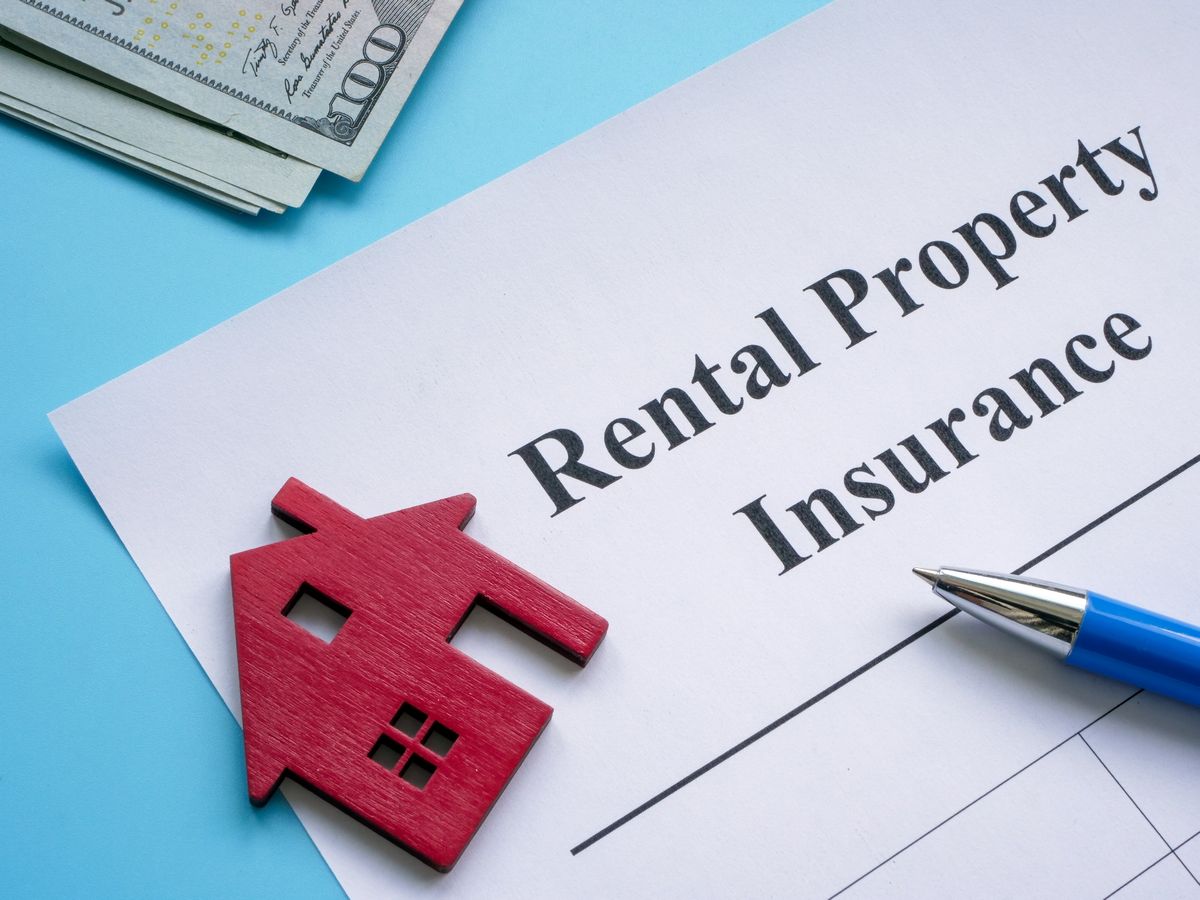Owning a rental property can be a rewarding long-term investment, but it comes with real responsibilities. Damage, accidents, and unexpected events can lead to major financial setbacks if the right insurance is not in place. Knowing what coverage you need and why helps protect your property, income, and peace of mind.
This blog explains the key policies landlords should consider and how a property manager can support you in staying protected throughout the year.
Why Insurance Matters for Rental Property Owners
Protecting Against Financial Losses
Even a well-cared-for property can experience emergencies. Burst pipes, electrical issues, or kitchen fires can cause thousands of dollars in damage. Landlord insurance helps cover repairs, temporary relocation costs, and legal expenses, so you are not paying out of pocket.
A standard homeowner policy does not offer the same protection. Landlord insurance is tailored to the risks associated with tenants living in your property. It can cover damage caused by renters, liability claims, and lost income if your property becomes temporarily unlivable. Without it, a single incident could erase years of rental profit.
Meeting Legal and Lender Requirements
Some states and municipalities require proof of landlord insurance before issuing rental licenses or permits. Lenders may also mandate specific coverage before approving a mortgage or refinance.
Even when it is not required by law, insurance shields you from risks that are easy to underestimate. A slip on an icy walkway, a faulty appliance causing water damage, or a break-in can all result in expensive claims. The right coverage prevents those costs from falling directly on you.
Essential Types of Rental Property Insurance
Landlord Insurance Basics
A landlord policy, often called a dwelling policy, is the foundation of your protection. It generally includes:
Property damage coverage to repair the structure after events like fire, wind, vandalism, or certain water leaks
Liability protection if someone is injured on the property, and you are found responsible
Loss of rental income if a covered event forces tenants to move out during repairs
Most policies also cover detached structures such as garages, sheds, and fencing. They do not cover a tenant’s furniture or personal items. This is why many landlords now require tenants to obtain renters' insurance as part of the lease.
Liability Coverage and Legal Protection
Liability insurance helps cover medical bills, legal costs, and settlements if someone is injured due to a condition on the property. For example, if a tenant falls on a stair that needs repair, liability insurance supports your defense.
Many professionals suggest at least one million dollars in liability coverage, and higher limits may be smart for larger buildings. This coverage can also apply to issues like mold, leaks, or hazards in shared areas.
Loss of Rental Income Coverage
A serious incident does not just damage the property. It can also interrupt the income you depend on. Loss of rental income coverage replaces rent payments while the property is being restored under a covered claim.
This protection is especially important if rental income helps support your mortgage and operating costs. It maintains steady cash flow during challenging times.
Additional Coverage Options Worth Considering
Flood, Earthquake, and Natural Disaster Policies
Landlord insurance typically excludes damage from floods and earthquakes. These events require separate policies, often through programs such as the National Flood Insurance Program.
If your property is in a coastal region or an area with shifting weather patterns, disaster-specific coverage can be a smart addition. Even shallow flooding can cause structural damage, mold, and electrical hazards that take months to fix. A property manager familiar with your region can help assess your risk.
Umbrella Coverage for Extra Protection
Umbrella insurance adds another layer of protection above your primary policies. If a claim exceeds your liability limit, the umbrella policy covers the remaining costs.
This affordable option is especially valuable for landlords with multiple properties or significant personal assets. It provides financial security for rare but serious claims.
How Property Managers Help with Insurance Needs
Ensuring Policies Stay Up to Date
Insurance needs evolve over time. A property manager helps review policies annually, ensuring that coverage limits accurately reflect current property values. They can also track proof of renters’ insurance for every tenant and verify that all parties understand their responsibilities in the event of damage.
Supporting Owners During Claims Processes
Insurance claims involve paperwork, inspections, and coordination with contractors. A property management team can handle communication with adjusters, document damage properly, and oversee repairs so that tenants return quickly and rental income resumes sooner.
Their expertise often leads to a smoother claims process and better outcomes for the owner. With the right insurance in place and a proactive property manager on your side, you can move forward with confidence, knowing your investment is protected no matter what comes your way.


.png)